How to Plan For Long-Term Travel
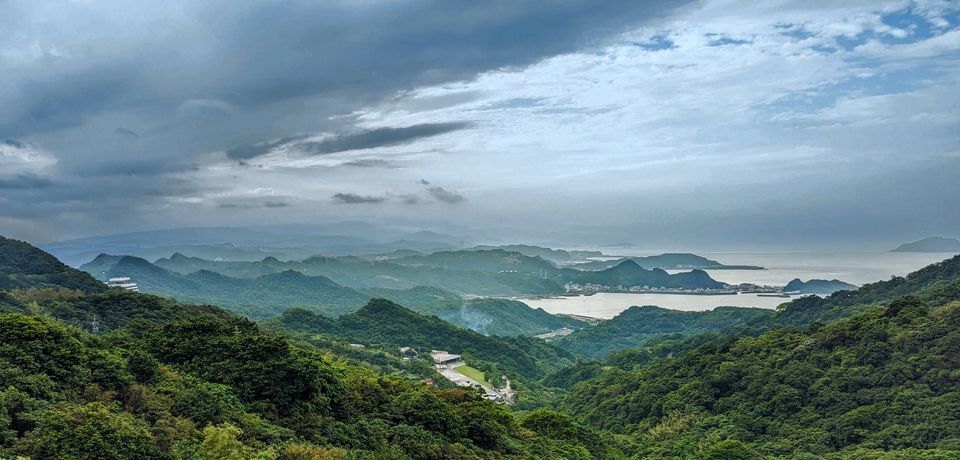
There seems to be a common thread among the topics involved in alternative living. Planning, while not crucial, really helps with the overall experience of this lifestyle. If you've never experienced long-term travel, how do you plan for it?
Planning for long-term travel can ensure you enjoy your time away. There are a lot of factors to consider when planning for long-term travel such as finances, health, packing, and leisure. In this post, we'll look at some of the critical factors to ensure you can survive travelling!
Finances
Without money to fund your travels, you might have a rough time. Having a sound budget, a banking plan and flexibility will help. I've mentioned budgeting before in a few ways. Take a look here, and here, and here if you'd like some more insight into alternative living finances.
Having an income, or a sufficient amount of savings to get by should be your priority. Having a budget for what you expect to spend can be helpful in understanding how long you might be able to travel. It can also give you a baseline if you want to make certain costs cheaper.
Take into consideration things like food (groceries, street food, restaurants), transportation (flights, trains, busses, rentals), lodging(rentals, camping, hotels), and activities/ fun (tours, concert, park fees, drinks). Then add a small buffer in case you spend more than what you planned for (I use 10%).
Once that is established, or an alternative way of funding your travels, you can take a breath. Using sites like Nomad list can help get some insight into the cost of a destination, or be used as gospel if you don't want to do any research for yourself. Another interesting tool is the Big Mac index. Yes, it's a real thing! It can help you understand more about how far your money goes in a certain country. Be careful though, I've been to places where Mcdonald's was the cheapest food around.
Bank transactions can sneak up on you. They can quickly add up when you need a cash advance at an atm that charges another fee on top of what your bank will charge. Another smart thing to do would be to get some cash ordered in the currency of the location you're going to go to. I remember getting to an immigration desk and them telling me I needed local currency to pay for the entry visa. I pressed a bit harder and they eventually, and hesitantly, gave in and allowed me to pay with my card. Notifying your bank can also help, though most banks understand people travel nowadays. I ran into some issues while I was still at home booking flights. Luckily I was able to deal with it before my departure and ensure they allowed odd transactions like a large string of flights through multiple countries all being booked at once.
Lastly, is flexibility in your planning. Sometimes ATMs close at the airport before you've landed and the taxis only take cash and there seems to be a monopoly preventing Grab drivers from wanting to pick you up and get paid less through the app than the increased airport taxi cost. Another thing that can happen is when you come across a hawker center ( a large grouping of street vendors, often organized and licensed) that only take a local form of payment through a QR code to some strange app. You might also come across more fees to park entrances than you could have imagined... how many people need to be paid before you can go take a picture of a rice terrace. Being prepared to pivot can make the financial aspect of travelling so much smoother.
Health
Health is really important when travelling to ensure longevity and enjoyment of your time away. Taking care of things before you go can save you from the headache (yes, that's on purpose) of accumulating costs you might not have planned for. Not every health consideration can be planned for, so being able to deal with things as they come is super important.
Things like dental, prescriptions, checkups, and vaccinations (extended to covid rules in some places even in late 2022 (side story at the bottom of this section)) should all be taken care of while you're still home with whatever health insurance you currently have. Getting all this work done can save a lot of money and even prevent you from having to return home for things like having your wisdom teeth removed. Alternatively, it's good to note that sometimes healthcare in other countries is significantly cheaper than in your home country. Sometimes it's cheaper than the insurance premium and deductible you'd pay anyways.
S**t happens when you travel. Even when you get vaccinations, they sometimes don't protect you 100%. Sometimes you are your own worst enemy. For example, I had acquired a second-degree sunburn that I was able to handle on my own (I know, I know, rookie move). But it then developed into contact dermatitis due to a material of my hat being embedded in the scabs that were forming. I paid out of pocket, and it was cheaper to do so than pay my insurance deductible. Thankfully, the meds I was prescribed helped with the insane itching. I was also worried about lice, so it was nice to have a medical professional rule that out.
Insurance is another important consideration. I'm not here to push any specific agency on you. A lot of people push scam insurance companies, so be cautious of what info you find online. It might be the safest and best decision to go with your current insurance provider. There are options for emergency medical insurance (getting hit by a small truck while driving a scooter), and trip insurance which can cover you if you can't continue onto your next flight, or have to cancel your hotel.
Sidestory: Due to some poor planning on my part, when returning home from Hawaii, I became stranded because my covid test expired by one hour. A silly mistake; I didn't account for the time zone change. I was unable to get a test on-site due to their computers being down, and the next available flight was 5 days later. I had to pivot and take on the unexpected costs of a new covid test, hotels, and something to do while I was stranded. Not to mention having to explain my predicament to my boss and go on unpaid vacation. Luckily they rescheduled my flight free of charge. Regardless, I made the most of it and took it as a blessing to have an extended vacation!
Packing
When you travel, not only do you need to manage the belongings that are coming with you, but you need to think about what you will be leaving behind. Whether you're never going back home, or just need a dog sitter for a week, you'll need to plan accordingly.
If you intend to travel and leave some things behind, you need to make sure it's taken care of. You might need to arrange for someone to watch your apartment or house while you're gone. It's good to do this as it can save a lot of trouble knowing you have a leak the same day it happens, vs having your basement flooded for weeks while you're galavanting in some far-off land. In my case, I was able to leave my van at the shop that was doing the work required to get it back to being road worthy. Thankfully they were okay with this, especially after all the money they've made off of me through maintenance and upgrades.
On the other hand, if you intend to "downsize" while travelling, getting a storage unit is a great way to cut costs while away. Not having to pay rent or a mortgage can save you a lot of money better spent on experiences and exotic foods. This might also be a good cue to downsize and purge your belongings the Mary Kondo way!
What you bring with you can sometimes be more important than what you leave behind. There are critical things that need to come with you like medications, passport, credit cards, and documentation. With those few items, and a bit more space in your budget, you can get by in almost any situation (Use a grocery bag to travel with, buy toiletries when you first arrive or go shopping for climate-specific clothes). That's why I check to make sure I have these before I leave any hostel or hotel (and multiple times a day). Depending on your situation, you might also need to include a phone or computer to ensure you can work and don't lose your job.
Travelling long-term is arguably easier when you have fewer items to bring along. Being able to downsize what you bring to only one bag has so many benefits. Chances are you don't need 5 pairs of socks if you end up wearing sandals for everything like the locals do. Also, it's 2022, there are modern convenience stores in most places. You can likely find more shampoo at your destination. Another one is electronics. It might be nice to bring a laptop, but it could be completely unnecessary if you're only using it for Instagram and Netflix.
Preparing for the climate you'll be in is also important. Packing cute sweaters and jeans for a humid and wet location might not be the most efficient use of your packing space. If you're visiting a cold climate, maybe multiple dresses might not make the most sense. Trail running shoes are also a great alternative to hiking boots which may be too warm, or too hard to dry when they soak through from the flash flooding of some beach tow that had poor stormwater management to begin with. Things like a rain jacket, shorts, socks, etc should almost always be packed. Know the weather you're going to expose yourself to and pack for it.
Leisure
Leisure is an important reason to travel. It includes things like sightseeing and sometimes even what food you eat. The amount of leisure time you'll have and what you're capable of doing will vary.
On top of doing the "Top 10 must-do activities in (insert city)", it can be a lot of fun to do the things you'd normally enjoy. You might want to book everything and have a strict itinerary day in and day out. Having a rough plan of the things you'd like to do and see is great, but remain flexible. You will likely receive a lot of recommendations from locals and fellow travellers. Keeping some space open in your schedule can be great for this. You might also become so self-aware that you learn you hate big cities and will take them completely out of your upcoming itineraries only to set foot in them when you need to be at an airport.
I ran into some similar situations when I chose to stay in one location for too long. I became envious of the adventures other people were having and felt like I was missing out on the locations locals would tell me to visit. I mention this and some of the other things I've learned while travelling abroad here.
If you need to work while travelling, it makes your leisure time even sweeter. I love the sound of hitting up the beach to play Spikeball with some people you've met during your travels after you sign off from zoom meetings and writing emails. Just know that sometimes you might feel a bit tired after a full day of working and might not have the energy to "travel" afterwards.
Another topic I'd like to touch on here is something called "zero days". It means having a day doing none of what you need to take a break from. Travelling for long periods can accumulate and become exhausting. Packing your bag and travelling to a new location every few days can be taxing. When you start to feel burnt out from travelling too extensively, you might need a day off from just that. A day to stay in one place and take a vacation within a vacation. Get your favourite food, watch your favourite show, and sleep for your favourite amount of time.
Conclusion
While many things change when you travel, a lot remains the same. You still need to eat, get around, take care of yourself, and have fun! Travelling long term, in a sustainable way, means existing in a new location with some sightseeing and foreign adventure sprinkled in. Ensure your finances are in order and are prepared for many situations and fees. Take care of your health beforehand, but be open to unforeseen situations by having health insurance. Pack smartly and ensure you don't become weighed down by your belongings. Lastly, ensure you are flexible in your plans, something great might come up!

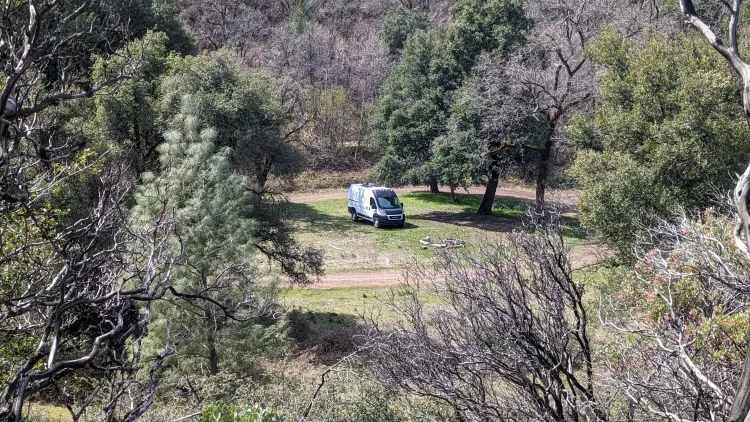
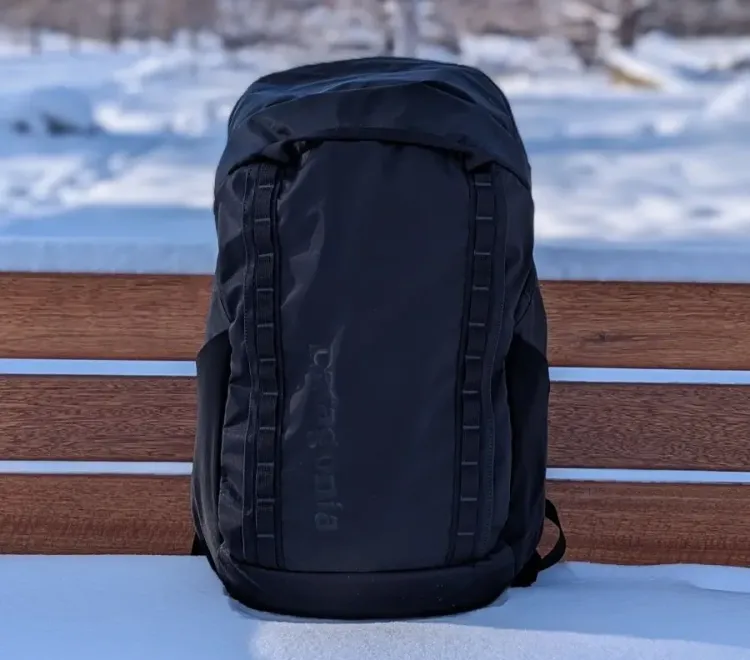
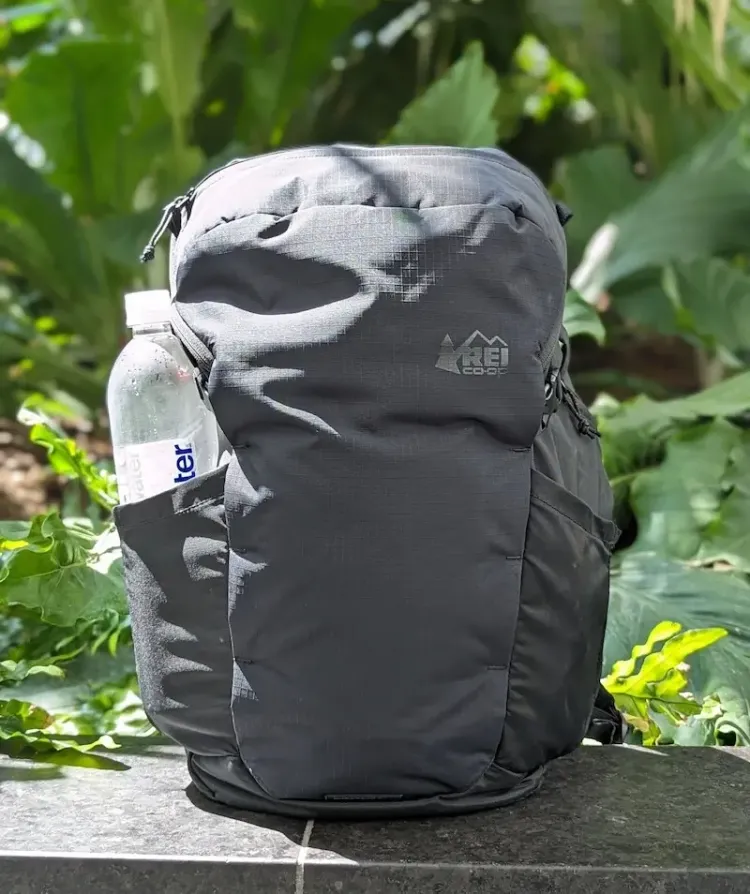
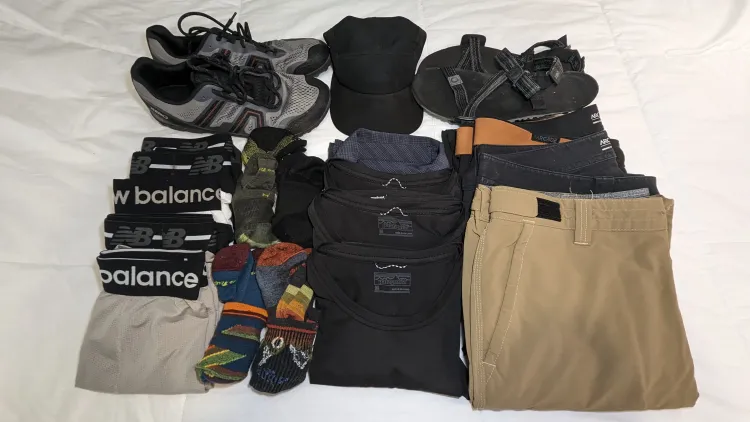
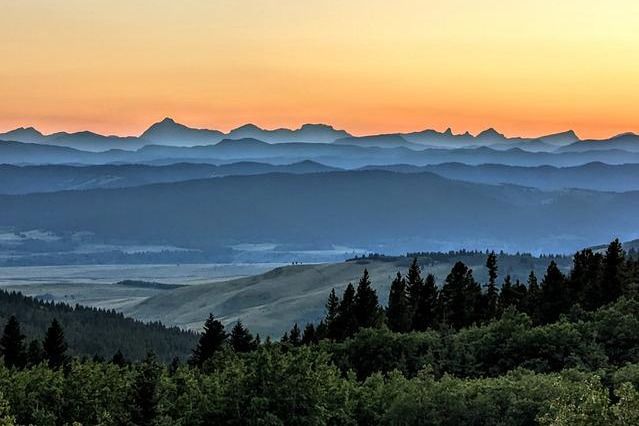
Member discussion